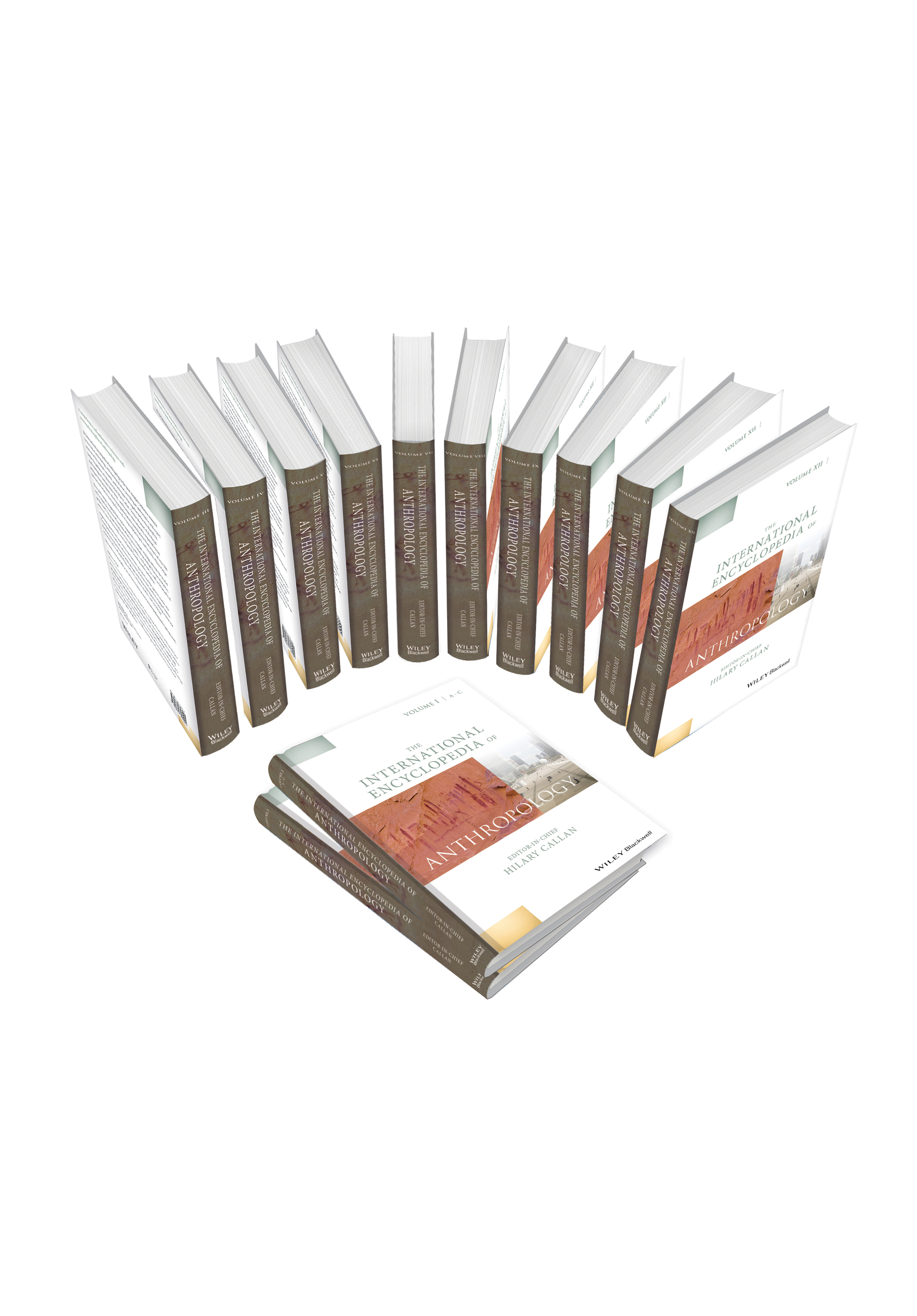States: Police Powers
Abstract
Anthropological inquiry in much of the twentieth century, especially during the period of European colonialism, often worked directly or indirectly in service to “the state” in general and “the police” in particular. Following a critical turn in social theory and cultural studies toward “speaking truth to power” beginning in the 1970s, the anthropological gaze turned toward states and police powers as objects of analysis. The resultant work in what, since the early twenty-first century, may be understood as a veritable subfield of political–legal anthropology called the “anthropology of police” served to develop new conceptual frameworks and critical theories of authority, legality, legitimacy, violence, and social difference and also raised challenging questions about ethnographic methods and ethics. The anthropology of police continues to evolve and address a host of urgent theoretical and empirical questions in these areas.



